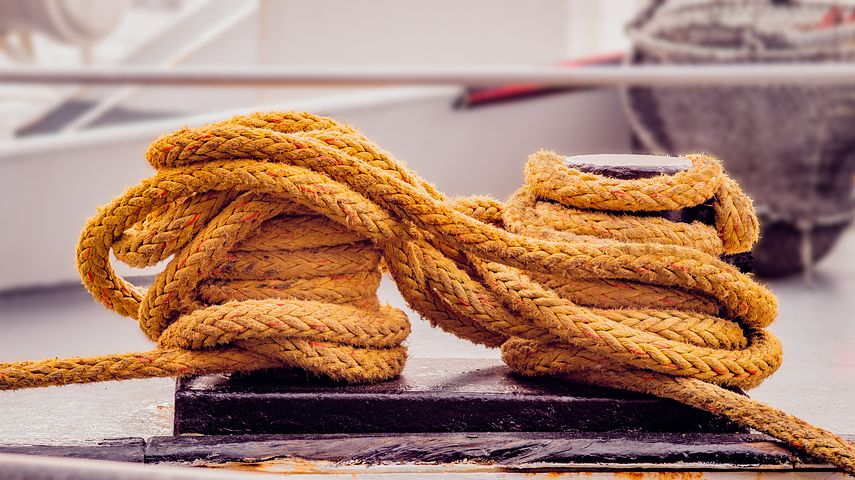Nyheter
Fishermen fear way of life threatened by Highly Protected Marine Areas

Communities across Scotland concerned at Scottish Government plans to restrict fishing and other human activities.
Dougie Chirnside has made a living by fishing for 30 years.
He dives in the clear waters in the Sound of Jura for scallops, one of the most sustainable ways to fish.
But Dougie, like many fishermen in Scotland’s coastal communities, now feels his way of life is under threat.
The Scottish Government has committed to designating 10% of seas around Scotland as highly protected marine areas (HPMAs) by 2026.
As a result, all forms of fishing will be banned within these areas in a bid to increase biodiversity and allow the recovery of marine systems.
Dougie told STV News the introduction of such highly protected marine areas in the region will have major implications on his livelihood.
“It would finish what I do, which is probably one of the most sustainable types of fishing, hand dived scallops,” he said.
“Once you’ve worked on the sea – and it’s not just a silvery film and you’ve dived below it – you get a whole understanding for all the life that is down there and how it can sustain. Ultimately what everyone’s trying to aspire to is sustainable living with local food and not lots of air miles.
“If HPMAs come in, it will tear communities apart. There won’t be enough structure left and enough financial input to make these communities function.
“That really gets me here in the heart, a really important point. It supports the primary school and the local shop and the restaurant. There’s so much off-shoots of these that thrive on the fishing industry.”
For Dougie, his future is in the fate of decision makers at Holyrood after a public consultation on the introduction of HPMAs ended last month. There is no indication what areas will be selected and the uncertainty is taking it’s toll on the mental health of fishermen across the country.
Last week, First Minister Humza Yousaf said HPMAs will not be imposed “on communities that don’t want them” after several SNP MSPs voted against plans to introduce them to Scotland.
But fishermen in Tayvallich, Argyll and Bute, aren’t reassured.
‘Everybody’s talking about it’
Chaz Curtis is a creel fisherman employing several local men.
He has been fishing since he was eight-years-old. It’s the only job he’s ever had in a community where fishing is the lifeblood.
“It’s the last thing you think about before you go to sleep at night and the first thing you think about in the morning when you wake up,” Chaz told STV News.
“Everybody’s talking about it, that’s all we’re talking about just now.
“The tourists come down in the summer. If you take that away there will be no more boats in Tayvallich or fishing out of Tayvallich. Everybody knows Tayvallich for the few fishing boats that are here. Taking that away, it’s not a good thing, it’s not a good thing at all.
“There are six guys working on these boats and they’ve all got family. If that was all to come to a stop it’s got a knock on effect.
“It doesn’t just stop here. It’s the guy in the van, he wouldn’t have a job; the people that pack all the stuff at the factory, they’d all be put out of a job. Fuel, engineers, there’s a huge, huge chain of folk behind it. It doesn’t just stop at the boat.”
Hans Unkles comes from five generations of fishermen. He is concerned about the impact of climate change but is against the blanket approach of HPMAs.
“Right now we’ve got waters warming, we’ve got over acidification, there’s pollution of all sorts going in, there’s industrial waste going into the sea,” he told STV News.
“There’s no point having an area shut off that has no actual physical boundaries. The water can warm and change and come into it. An HPMA is like putting a plaster onto a giant wound.”
Hans’ commitment to the future of the seas is undeniable. He’s been building a solar powered, zero carbon boat since August. The project is self funded and he’ll be trialling it in the coming weeks.
“I can produce a protein food source with zero carbon and produce it locally and that is under threat and you would think that’s what we should be trying to protect. I’m not saying don’t conserve the ocean, don’t look after the ocean, don’t look after the biodiversity. Control it.



